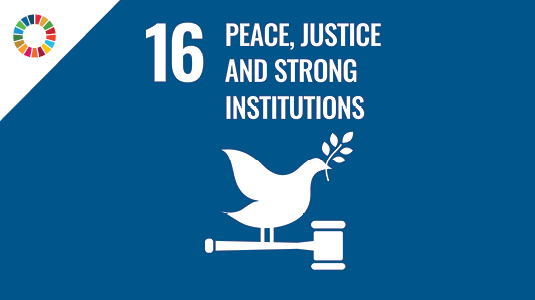SFC news published since 2018. See SFC archived content for earlier news articles.

Research by Edinburgh Napier University and the Scottish Institute for Policing Research has played a key role in significant changes to stop and search in Scotland, leading to a 67 percent decrease in ‘stop events’.
Between 2005 and 2010, recorded searches in Scotland had increased dramatically, with the per capita rate being almost four times that of England and Wales. However, before 2014 there was scant research on Stop and Search in Scotland, with a lack of published data and weak accountability and oversight.
In 2014 Police Scotland launched a pilot to test a new stop and search approach and Dr Aston (Edinburgh Napier University) and Dr O’Neill (University of Dundee), were awarded SIPR funding to evaluate it. Findings and Recommendations from their evaluation of the stop and search pilot were included in the Independent Advisory Group’s report. This resulted in the abolition of non-statutory stop and search and the introduction of a new Code of Practice.
The recommendations were subsequently incorporated in Police Scotland’s Improvement Plans and it produced a 38- page report on its response, highlighting that all the recommendations had been actioned. For example, Police Scotland developed a bespoke training package informed by learning from the evaluation and initiated a face-to-face training programme for all officers up to Inspector.
The impacts as a result of the research and have also been acknowledged by the Scottish Police Authority and Her Majesty’s Inspectorate of Constabulary Scotland. Through a new EU funded network of 29 countries, police stops are now being examined in jurisdictions where it has hitherto not been considered a public issue.

